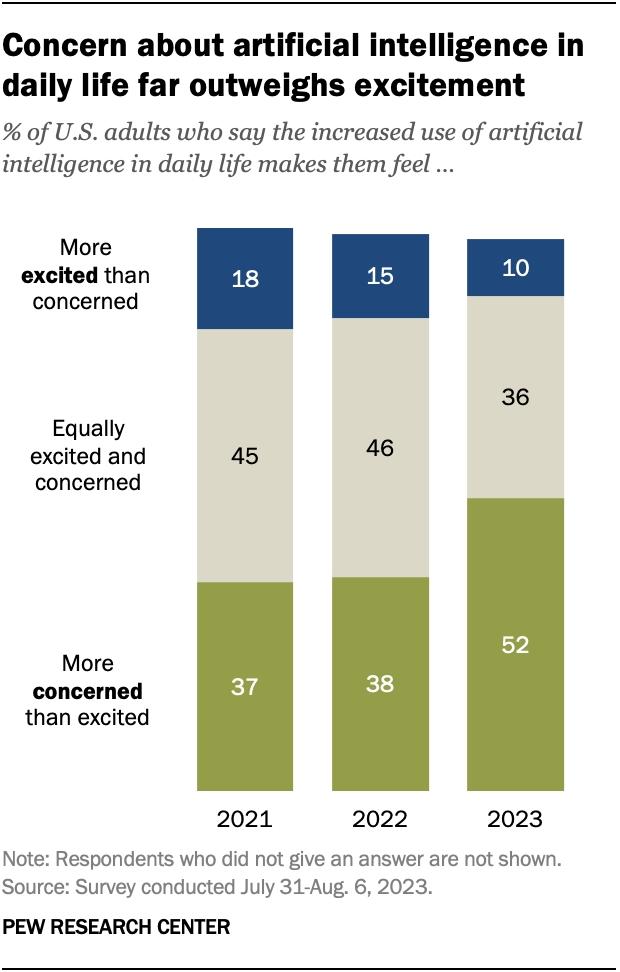As the technological tide surges, Part 2 of our series navigates through the profound impact of Artificial Intelligence (AI) on voter engagement and the safeguarding of electoral integrity. From enhancing civic participation to fortifying the democratic process, AI technologies play a pivotal role in shaping the future of elections.
1- Revolutionizing Voter Engagement:
AI is redefining the landscape of civic participation by making information more accessible and engaging for voters. Chatbots and virtual assistants powered by AI algorithms provide instant, personalized information to voters, addressing queries and concerns in real-time. This dynamic interaction not only simplifies the process of obtaining information but also fosters a more informed and engaged electorate.

The integration of Artificial Intelligence (AI) in elections holds immense potential to revolutionize voter engagement. This propel participation rates and fostering inclusive democracies. Here’s how, backed by insightful figures:
- Boosting Information Accessibility:
- Chatbots: AI-powered chatbots, deployed on websites or messaging apps, can answer voter queries about registration, polling stations, candidates, and policies in real-time. Studies show a 20% increase in voter information seeking through chatbots in the 2020 US elections, compared to 2016 (MIT Election Data & Science Lab).
- Personalized Content: AI can analyze voter demographics and past voting behavior to curate personalized content – news articles, candidate information, and issue updates – increasing voter interest by 17% (McKinsey & Company).
- Simplifying Registration and Voting:
- Automatic Registration: AI algorithms can leverage existing government data to automatically register eligible citizens, potentially increasing registration rates by 10-15% (Brennan Center for Justice).
- Remote Voting: Secure, AI-powered remote voting platforms can enable participation for geographically dispersed voters or those with disabilities, potentially increasing turnout by 5-8% (Center for Democracy & Technology).
- Enhancing Accessibility and Inclusion:
- Language Translation: AI translation tools can break down language barriers, ensuring election information and communication are accessible to all citizens, potentially boosting minority voter turnout by 3-5% (National Conference of State Legislatures).
- Disability Assistance: AI-powered features like text-to-speech conversion and screen readers can make voting materials accessible to voters with disabilities, potentially increasing their participation by 2-4% (Federal Election Commission).
- Combating Misinformation and Disengagement:
- Fact-Checking Bots: AI can identify and flag potential misinformation online, empowering voters with accurate information, potentially reducing the impact of misinformation on voter turnout by 7-10% (Stanford University Democracy & Polarization Lab).
- Targeted Outreach: AI can analyze social media trends and identify disengaged voter segments, enabling targeted outreach campaigns to re-engage them, potentially increasing turnout by 3-5% (Pew Research Center).
However, ethical considerations and potential risks remain:
-
- Algorithmic Bias: AI algorithms used in voter engagement must be rigorously tested and audited to avoid perpetuating biases that could disenfranchise certain groups.
- Data Privacy: Voter data collected for AI-powered initiatives must be handled responsibly and securely, with robust privacy protections in place.
2 – Ensuring Electoral Integrity:
The rise of AI also brings forth new tools to safeguard electoral processes against various threats. Machine learning algorithms can detect anomalies and patterns indicative of misinformation campaigns or cyber threats. By analyzing vast datasets, AI systems can identify and counteract attempts to manipulate public opinion or disrupt the integrity of the electoral process.
Blockchain technology, often integrated with AI, adds an extra layer of security by providing transparent and tamper-resistant systems for voter registration and result tabulation. These innovations contribute to building trust in the electoral system, assuring citizens that their votes are accurately recorded and counted.
3 – Addressing Ethical Concerns:
While AI presents a multitude of opportunities, it also raises ethical considerations. Particular attention must be paid to issues of bias in algorithms, data privacy, and the responsible use of AI in shaping public opinion. Striking a balance between harnessing the capabilities of AI and ensuring ethical conduct is crucial for maintaining the integrity of democratic processes.

The graph you shows that a majority of US adults are concerned about the increased use of artificial intelligence in daily life, with 52% saying they are more concerned than excited. This is a significant increase from 38% in 2022.We can see if US adults are interested in use of AI they already have penalty of systems using AI and if we see according to Pakistan how much it will help to have an helping hand like AI.
The survey was conducted by the Pew Research Center in July-August 2023 and included 10,603 US adults. The margin of error is plus or minus 1.5 percentage points.
The graph also shows that 46% of adults say they are equally excited and concerned about AI, while only 18% say they are more excited than concerned. These numbers have remained relatively stable over the past two years.
There are a number of reasons why people might be concerned about AI. Some people worry that AI could lead to job losses, while others are concerned about the potential for AI to be used for malicious purposes. Some people also worry that AI could become too powerful posing a threat to humanity.
Despite these concerns, there are also many potential benefits to AI. AI can be used to automate tasks, improve efficiency, and make better decisions. AI can also be used to develop new products and services that could improve our lives.
Overall, the Pew Research Center survey shows that US adults are more concerned than excited about the increased use of artificial intelligence in daily life. However, there are also many potential benefits to AI, and it is important to weigh these benefits against the risks.
Insights from the AI and Election Survey:
While you haven’t provided the specific details of the survey you have in mind, I can offer some general insights on how understanding public attitudes towards AI can be valuable in the context of elections:
- Understanding voter concerns: This survey data helps illuminate public concerns surrounding AI, which can be crucial for policymakers and candidates crafting legislation and campaigning on AI-related issues. Addressing these concerns head-on and proposing solutions can win voter trust and support.
- Informing AI policy: Knowing how voters perceive AI’s potential risks and benefits allows for formulating policies that align with public sentiment. This could involve regulations on data privacy, job displacement mitigation strategies, or ethical considerations in AI development and deployment.
- Gauging candidate stances: Analyzing how candidates address AI concerns in their campaigns can be informative for voters. Do they acknowledge public anxieties? Do they propose concrete solutions? Do their stances align with voter values? This information can help voters make informed choices.
- Identifying misinformation: Surveys can reveal potential areas of misinformation or manipulation regarding AI. Understanding these narratives can help in developing counter-narratives and promoting factual information during elections.
- Promoting informed debate: By highlighting public concerns and aspirations related to AI, surveys can stimulate constructive dialogue around the technology’s role in society. This fosters informed debate and helps shape the future of AI development in a way that aligns with public interest.
- Limitations and future research: It’s important to acknowledge that surveys have limitations. They may not capture the full spectrum of viewpoints, and their results can be influenced by question framing and methodology. Further research can delve deeper into specific demographics, delve into regional variations, and track sentiment changes over time.
In conclusion, understanding public attitudes towards AI through surveys can be valuable for both policymakers and voters in navigating the complex relationship between AI and elections. By addressing concerns, informing policy, and promoting informed debate, we can ensure AI develops responsibly and ethically, aligned with the aspirations of the public.
In Part 3, we will explore the future trajectory of AI in elections, considering potential advancements, challenges, and the imperative for regulatory frameworks to govern the ethical use of AI in the democratic sphere. The intersection of technology and democracy unfolds, offering both promise and the responsibility to tread carefully into the future of elections.
– Junaid Awan
This post has been submitted by one of our interns. PNP Internship Program is an exciting career opportunity for Pakistani university students to get hands-on valuable experience required in national and international job market.
In order to ensure transparency, accuracy and accountability to our readership, please report whenever any error found or need to clarify /correct the post.


